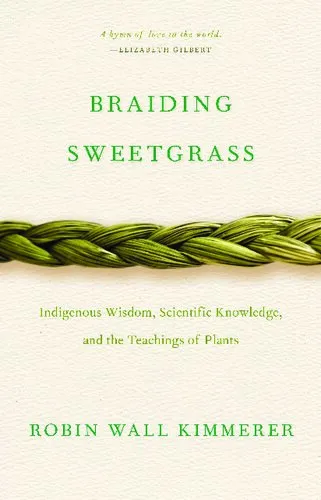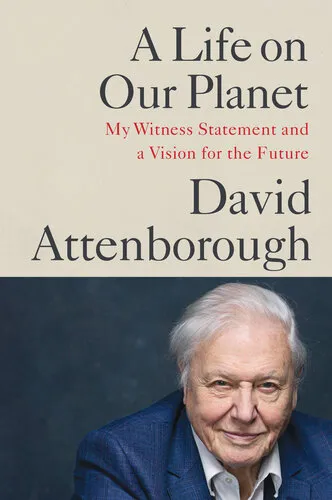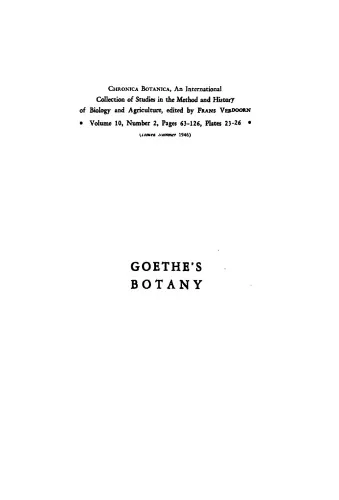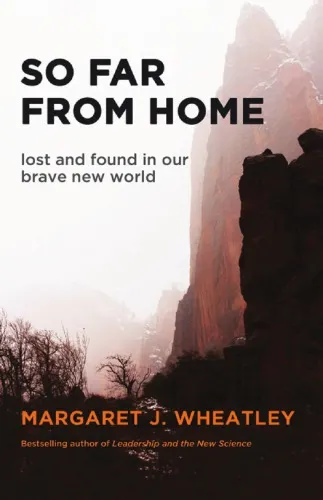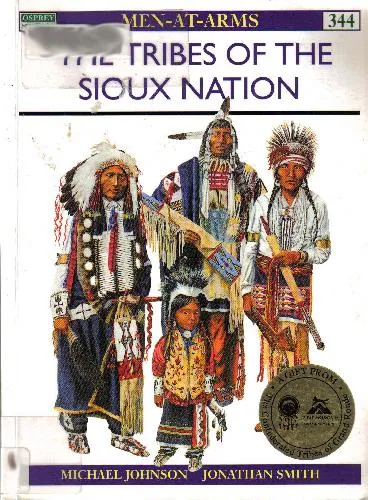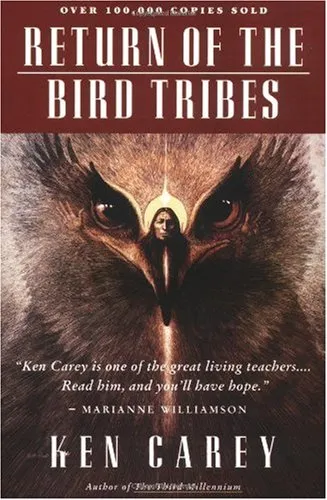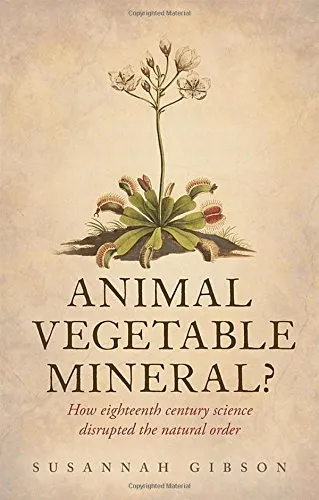Braiding Sweetgrass: Indigenous Wisdom, Scientific Knowledge and the Teachings of Plants
5.0
Reviews from our users

You Can Ask your questions from this book's AI after Login
Each download or ask from book AI costs 2 points. To earn more free points, please visit the Points Guide Page and complete some valuable actions.Related Refrences:
Introduction to 'Braiding Sweetgrass'
Welcome to a transformative journey through the intertwining worlds of Indigenous wisdom and scientific knowledge as beautifully articulated in 'Braiding Sweetgrass: Indigenous Wisdom, Scientific Knowledge and the Teachings of Plants'. Authored by Robin Wall Kimmerer, this book offers a profound exploration of our relationship with the natural world, calling readers to see nature not just as a resource but as a teacher and a relative, intertwined with our humanity.
This introduction delves into the core themes of the book, highlights key takeaways, and features memorable quotes, ultimately demonstrating why this work matters in our modern world. Drawing on Kimmerer's unique perspective as an Indigenous scientist and an enrolled member of the Citizen Potawatomi Nation, 'Braiding Sweetgrass' weaves together storytelling and scholarship to advocate for a reciprocal relationship with our environment.
Detailed Summary of the Book
'Braiding Sweetgrass' is a collection of essays that fuse Indigenous wisdom with scientific ecology. Kimmerer weaves these two strands of knowledge into a cohesive narrative that enlightens readers on the mutualistic relationships shared between humans and nature. The book is divided into five thematic sections titled: “Planting Sweetgrass,” “Tending Sweetgrass,” “Picking Sweetgrass,” “Braiding Sweetgrass,” and “Burning Sweetgrass.”
In "Planting Sweetgrass", Kimmerer discusses the teachings of the plants and the philosophies they embody. These narratives encourage readers to look at the natural world with gratitude and appreciation. Through her stories, she emphasizes the importance of gifts and reciprocity in the more-than-human world.
The essays in "Tending Sweetgrass" dive into the responsibilities humans have in stewardship and caretaking of the Earth, while "Picking Sweetgrass" revolves around the intimate and sustainable harvesting practices that reflect a harmonious balance with the environment.
The book continues with "Braiding Sweetgrass", which explores the interconnectedness of life and how humans can learn from the intelligence of plants to foster a sustainable way of living. The final section, "Burning Sweetgrass," serves as a metaphor for renewal and restoration, capturing the essence of ecological and cultural revivification.
Key Takeaways
- Reciprocity with Nature: The book stresses the importance of a reciprocal relationship with nature, proposing that humans have a moral obligation to give back to the Earth.
- Interdisciplinary Insight: By blending Indigenous knowledge with scientific methods, Kimmerer highlights how these perspectives can complement each other in understanding environmental challenges.
- Cultural Revitalization: Kimmerer reaffirms the significance of reclaiming and revitalizing Indigenous cultural practices as a means of ecological restoration.
- Sustainable Practices: The author provides insight into sustainable living and the deep respect necessary for harvesting and using natural resources mindfully.
Famous Quotes from the Book
"The gift of the sweetgrass is more than grasses swaying in the wind; it encompasses the intertwined spirit of generosity, connection, and the responsibility to reciprocate."
"In some Native languages the term for plants translates to ‘those who take care of us’."
"Knowing that you love the earth changes you, activates you to defend and protect and celebrate."
Why This Book Matters
The significance of 'Braiding Sweetgrass' lies in its ability to bridge cultural and disciplinary gaps. In a time when environmental issues are a global concern, Kimmerer's work offers a unique perspective that challenges the conventional anthropocentric view. Her writing calls for an ethical and spiritual transformation in our relationship with the Earth. By inviting both Indigenous and scientific voices into the conversation, this book provides readers with a holistic understanding of ecological stewardship.
Moreover, Kimmerer's evocative storytelling and compassionate voice motivate readers to internalize the ethos of respect and responsibility towards the environment. This book is not only a call to restore the Earth but also a reminder of the wisdom carried by Indigenous cultures that remains vital to addressing the ecological crises of our time.
Free Direct Download
You Can Download this book after Login
Accessing books through legal platforms and public libraries not only supports the rights of authors and publishers but also contributes to the sustainability of reading culture. Before downloading, please take a moment to consider these options.
Find this book on other platforms:
WorldCat helps you find books in libraries worldwide.
See ratings, reviews, and discussions on Goodreads.
Find and buy rare or used books on AbeBooks.
1335
بازدید5.0
امتیاز50
نظر98%
رضایتReviews:
5.0
Based on 0 users review
"کیفیت چاپ عالی بود، خیلی راضیام"
Questions & Answers
Ask questions about this book or help others by answering
No questions yet. Be the first to ask!
